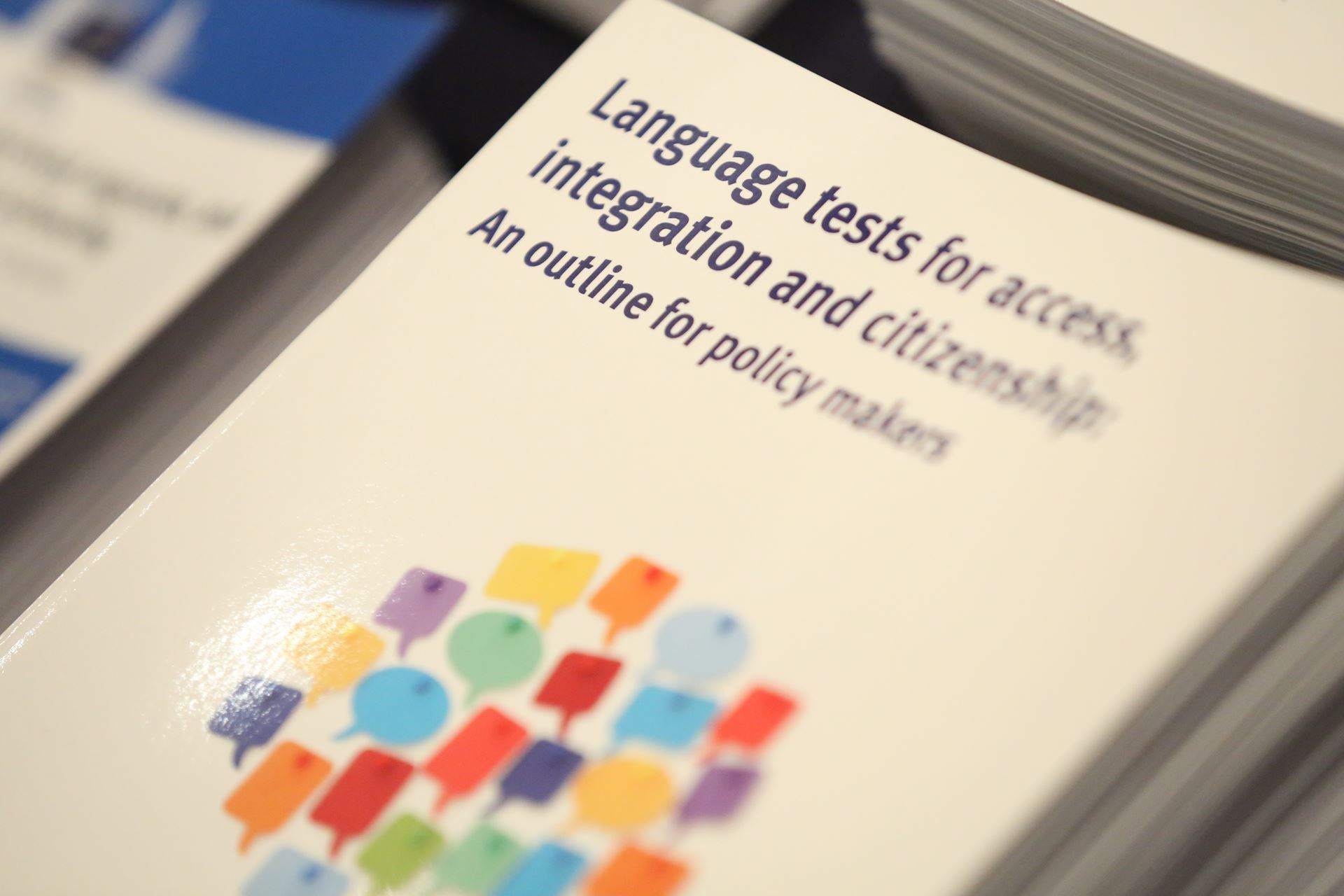partners for impact
We share ALTE’s vision on the need to make the connections between learning and assessment – and between research, policy and practice.
Tibor Navracsics, Commissioner for Education, Culture, Youth and Sport (EU)
ALTE promotes and facilitates platforms where synergies can emerge and develop over time - synergies between language learning, teaching and assessment, but also between research, policy and practice, and across geographical territories and fields of expertise.
By bringing together the different actors in language education, ALTE encourages a holistic and collaborative approach to addressing current issues. In turn, this approach helps connect experts and fields that would otherwise remain isolated, and maximises the impact of their work around the world.
Our members are key actors in facilitating this. But we also work with other international organisations to achieve our mission. We have a long track record facilitating dialogue between policy-makers, researchers and practitioners through our collaborations with the organisations listed below.
Council of Europe and ECML
ALTE has been collaborating with the Council of Europe and its Language Policy Unit since the 1990s, and contributed importantly towards the development of the Common European Framework for Reference (CEFR). In 2003, ALTE gained Participatory Status as an International Non-Governmental Organisation (INGO) with the Council of Europe, and in 2010 joined the newly-created Professional Network Forum on Language Education and signed a cooperation agreement with the European Centre for Modern Languages (ECML). ALTE has developed several publications on behalf of the Council of Europe, such as the Manual for Language Test Development and Examining and the Language tests for access, integration and citizenship. Collaboration is still very active, particularly on issues related to assessing migrants' language competencies, as is evidenced by the LAMI SIG's continued co-operation on many projects relating to language provision for migrants. European Commission and European ParliamentALTE has also been a key player in the EU's strategy to promote multilingualism. In 2012, a consortium of ALTE members delivered the European Survey on Language Competences for the European Commission, which measured 15-year-olds' competences in foreign languages across Europe. ALTE engages with MEPs and other stakeholders at its annual European Day of Languages Event at the European Parliament. For example, ALTE presented a briefing paper on Language Learning and Assessment to the European Parliament's CULT Committee, which can be found here. EaqualsEaquals and ALTE have had a Memorandum of Understanding over a number of years and worked together on the Eaquals-ALTE European Language Portfolio, and are currently working on the ALTE-Eaquals Course in Language Assessment for evaluating and designing language assessments for teachers, directors of studies and academic managers. European Civil Society Platform for MultilingualismALTE is a member of the European Civil Society Platform for Multilingualism, and regularly participates in meetings and conferences to further policy developments in language education. LAALTA (Latin American Association for Language Testing and Assessment)Since 2021 we have been working with our sister association LAALTA in Latin America to promote quality language assessment and testing best practices in Latin American educational and professional contexts. We have been reciprocal speakers at our key conferences and are working together in other ways. AALA Asian Association for Language AssessmentWe have also recently been working with our sister association AALTA in Asia in similar ways to our partnership with LAALTA. United Nations - Economic and Social CouncilSince 2022, ALTE has Special Consultative Status with the Economic and Social Council of the United Nations. e-Assessment AssociationFrom 2025, we have been cooperating with the e-Assessment Association, including conference promotion and participation. |